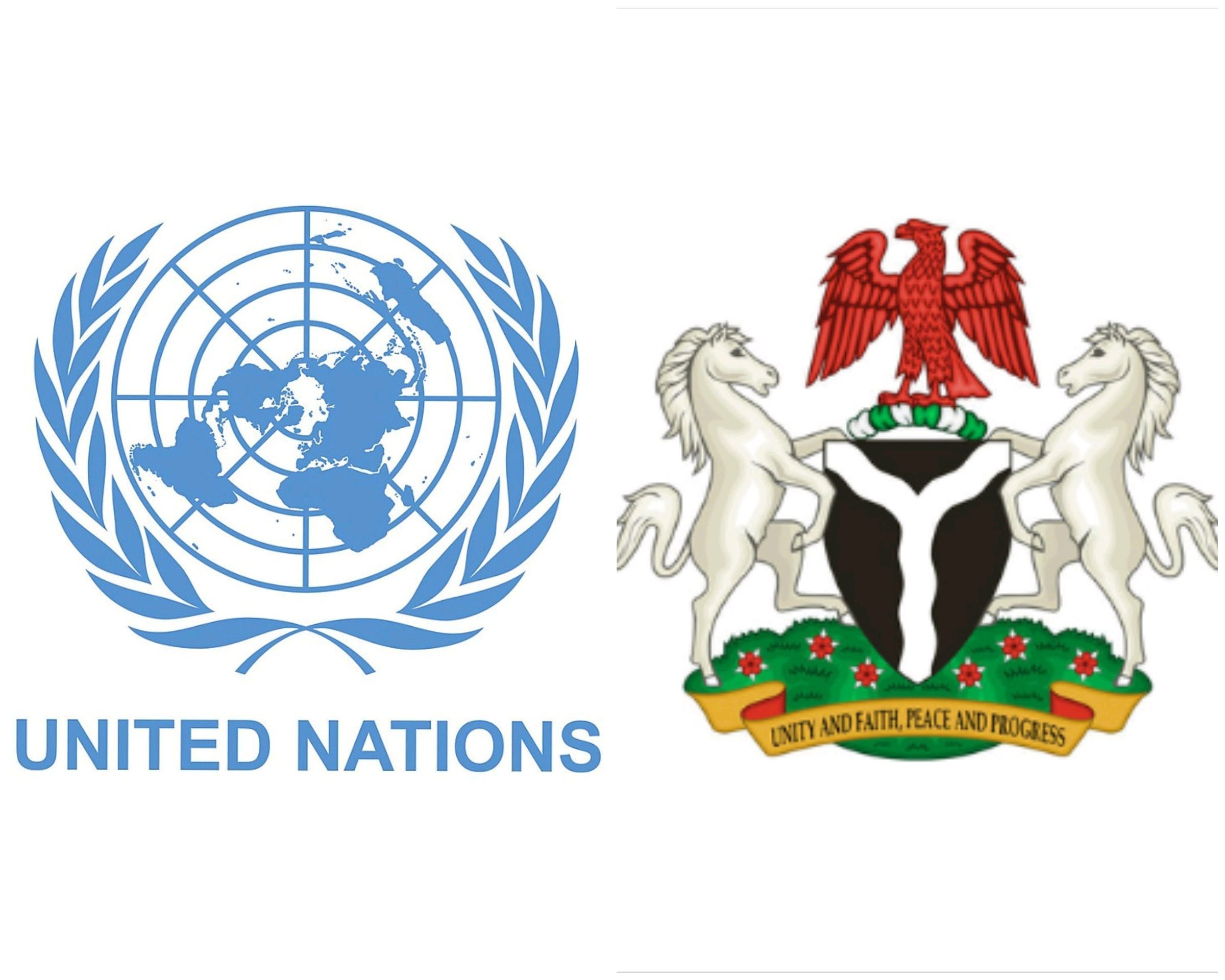 As per a report by Sahara Reporters, there is cause for concern as the most recent data released by the UN Humanitarian Aid indicates that eighteen regions already facing food insecurity may face a “acute food insecurity” crisis if timely assistance is not provided.CONTINUE FULL READING>>>>>
As per a report by Sahara Reporters, there is cause for concern as the most recent data released by the UN Humanitarian Aid indicates that eighteen regions already facing food insecurity may face a “acute food insecurity” crisis if timely assistance is not provided.CONTINUE FULL READING>>>>>
According to the report, since October 2023, Nigeria and several other nations have been added to the growing list of hunger hotspots, where acute food insecurity is projected to worsen in the coming months.
While the majority of these “hunger hotspots” are situated in Africa, concerns of famine are persistent in Gaza and Sudan, plagued by continued conflict, which further compounds the regional risk of new hunger emergencies, cautioned the Food and Agriculture Organization (FAO) and the World Food Programme (WFP).
Joining the existing hunger hotspots of Burkina Faso, Ethiopia, Malawi, Somalia, and Zimbabwe, the Central African Republic, Lebanon, Mozambique, Myanmar, Nigeria, Sierra Leone, and Zambia have also become members of nations in risk of acute food insecurity, primed to deteriorate further in the near future.
While conflict remains a key driver of food insecurity, the recent joint early warning report by WFP and FAO emphasized that climate shocks, particularly the persistent aftermath of the “still lingering” El Niño, must be taken into account.
While the El Niño weather phenomenon is gradually dissipating, its far-reaching implications have been glaringly evident, as evidenced by crippling drought in southern Africa and extensive flooding in the eastern regions.
On the horizon, the looming threat of La Niña between August and February 2025 portends significant implications for rainfall patterns, according to assessments by the UN agencies.
This climate shift could have grave consequences for multiple countries, including the risk of flooding in South Sudan, Somalia, Ethiopia, Haiti, Chad, Mali, Nigeria, and Sudan.
Nigerians have since taken to social media to share their views on the matter, with many blaming the current administration for the food insecurity prevalent in the country:CONTINUE FULL READING>>>>>
